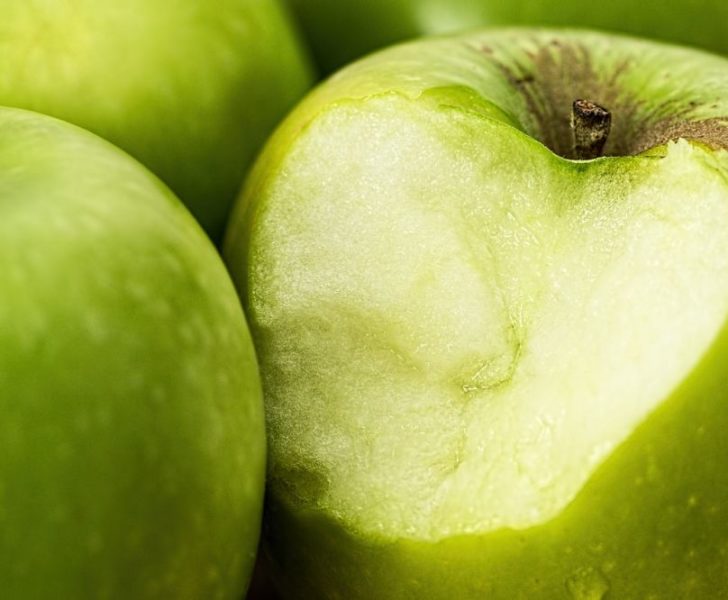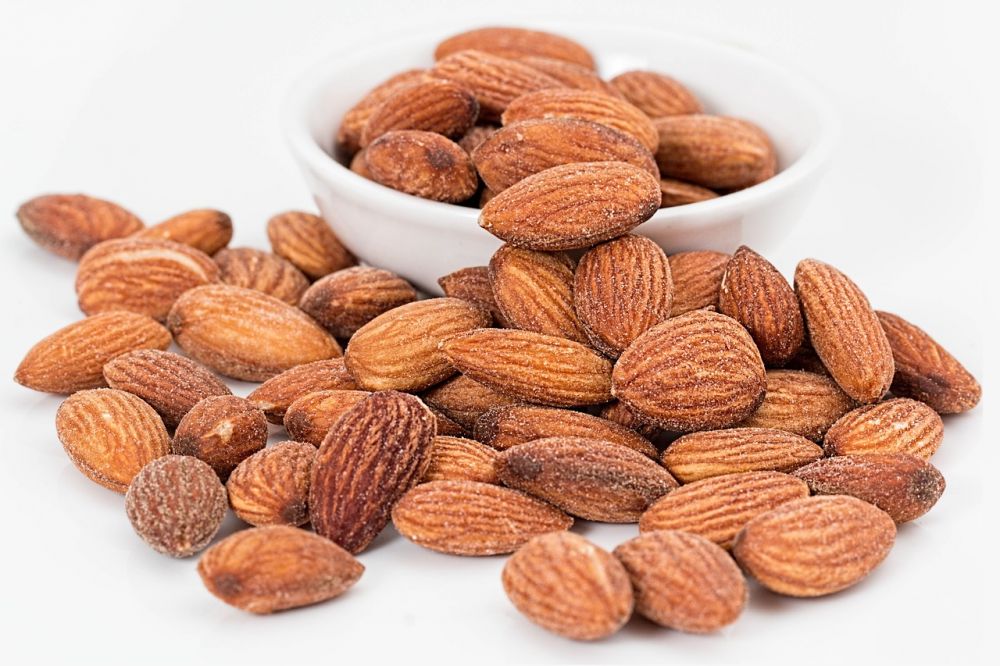PCOS Diet: A Comprehensive Guide for Managing Polycystic Ovary Syndrome

Introduction:
Polycystic Ovary Syndrome (PCOS) is a common hormonal condition that affects many women worldwide. One of the key aspects of managing PCOS is following a suitable diet. In this article, we will provide an in-depth overview of the PCOS diet, including its types, popularity, and quantitative measurements. We will also discuss the differences between various PCOS diets, their historical evolution, and the pros and cons associated with them, ensuring a high-quality and informative read for individuals seeking effective dietary solutions for PCOS management.
Section 1: Overview of PCOS Diet

PCOS diet encompasses a range of dietary approaches aimed at alleviating the symptoms associated with the condition. The primary goal of the PCOS diet is to regulate insulin levels, as insulin resistance is a common characteristic of PCOS. By adopting an appropriate diet, individuals with PCOS can manage their weight, improve hormonal balance, and reduce the risk of long-term complications.
Section 2: Comprehensive Presentation of PCOS Diet
2.1 Types of PCOS Diet:
a) Low Glycemic Index (GI) Diet: This diet focuses on consuming carbohydrates with a low glycemic index to avoid sudden spikes in blood sugar levels.
b) Mediterranean Diet: The Mediterranean diet emphasizes whole foods, healthy fats, and lean proteins, offering a balanced approach to managing PCOS.
c) Anti-inflammatory Diet: This diet aims to reduce inflammation within the body by incorporating foods rich in antioxidants and omega-3 fatty acids.
d) Low-carb or Ketogenic Diet: These diets restrict carbohydrate intake to promote weight loss and regulate insulin levels.
2.2 Popularity of PCOS Diet:
With the increasing prevalence of PCOS, various diet plans have gained popularity among women seeking dietary interventions. These diets, such as the low GI diet, Mediterranean diet, and low-carb or ketogenic diet, have shown promising results in managing PCOS symptoms.
Quantitative Measurements of PCOS Diet:
Studies have shown that implementing a PCOS diet can lead to significant improvements in insulin sensitivity, weight loss, and menstrual regularity. Research findings highlight the effectiveness of these diets in managing PCOS-related hormonal imbalances.
Section 4: Discussion on Differences Between PCOS Diets
Each PCOS diet has its own unique approach and focuses on specific dietary principles. The low GI diet mainly targets carbohydrate choices, while the Mediterranean diet emphasizes the quality and diversity of foods. Conversely, a low-carb or ketogenic diet restricts carbohydrate intake significantly to induce ketosis. It is essential to consider individual needs and preferences to choose the most suitable diet for PCOS management.
Section 5: Historical Overview of Pros and Cons of PCOS Diets
5.1 Pros of PCOS Diets:
a) Weight Management: PCOS diets often contribute to weight loss, reducing the risk of obesity-related complications.
b) Hormonal Balance: Following a PCOS diet can help regulate hormones and improve symptoms such as irregular periods and excess hair growth.
c) Insulin Regulation: PCOS diets address insulin resistance, promoting better blood sugar control and reducing the risk of type 2 diabetes.
5.2 Cons of PCOS Diets:
a) Restrictive Nature: Some PCOS diets may restrict food choices, making adherence challenging for some individuals.
b) Potential Nutrient Deficiencies: Certain PCOS diets may not provide all essential nutrients, leading to potential deficiencies if not appropriately balanced.
c) Individual Variations: The effectiveness of PCOS diets may vary among individuals, requiring customization based on unique needs and responses.
Conclusion:
Choosing the right PCOS diet is crucial for managing the symptoms of this hormonal condition effectively. With a thorough understanding of the various PCOS diets available, individuals can make informed decisions and tailor their dietary choices to suit their needs. By incorporating a suitable PCOS diet, individuals can significantly improve their overall health, hormonal balance, and quality of life. Stay informed, consult healthcare professionals, and embark on a journey towards better PCOS management through a well-rounded diet.











